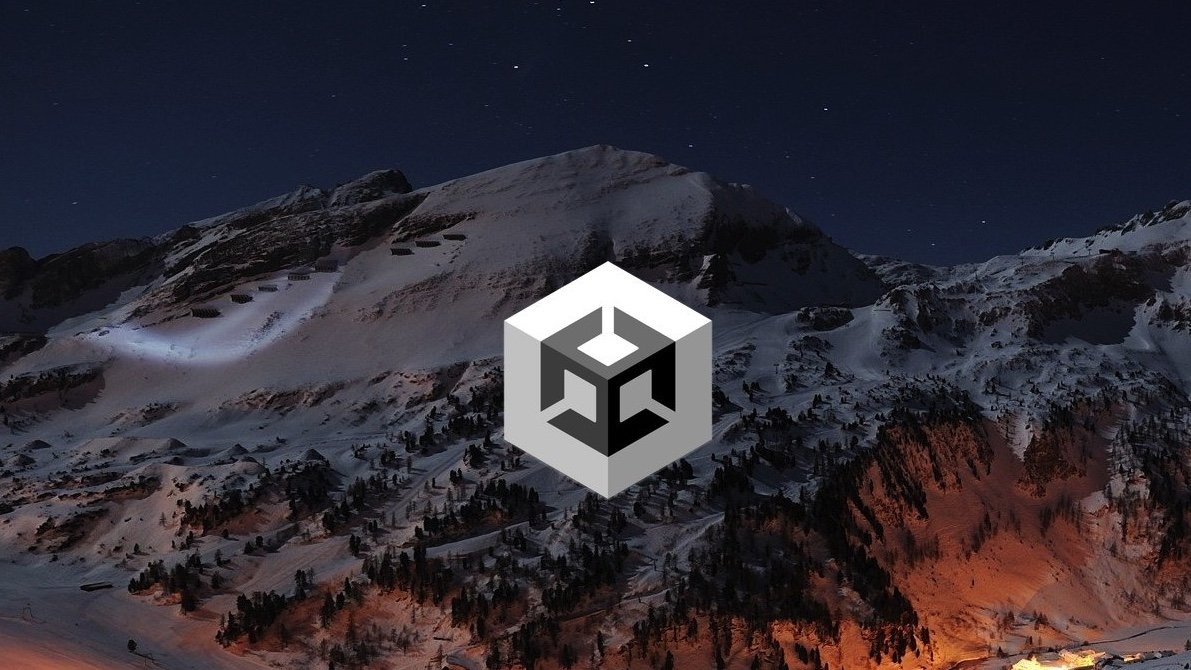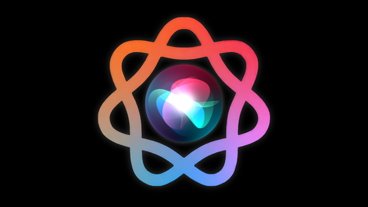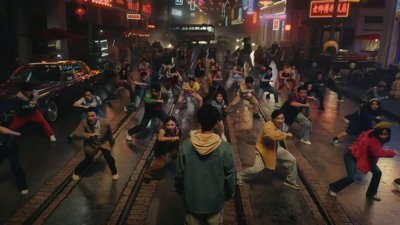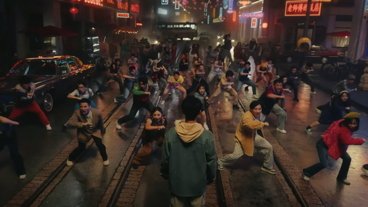Cross-platform game development engine Unity 6 has arrived, with a bundle of new improvements incorporating AI features for characters, and better support for headsets including the forthcoming Apple Vision Pro.
The leading game developer tools and engine maker, Unity announced a new upgrade to its tools suite - Unity 6 LTS at its Unite developer conference in Amsterdam a few weeks ago.
Unity has the advantage of providing mostly seamless tools across platforms which allows developers to create cutting-edge 3D games and applications with less effort. Games created with Unity can be published simultaneously across many platforms including iOS, macOS, tvOS, Android, web and others.
The new Unity 6 LTS features slated for release in 2024 include new AI features for character and scene creation, WebGPU support, and enhancements for XR (Extended Reality) headsets, including the upcoming Apple Vision Pro.
Unity 6 LTS will also feature multiplayer and performance improvements, as well as WebGPU support.
WebGPU is a new open graphics standard under development by the W3C consortium and will feature a JavaScript API based on Vulkan, Microsoft's Direct3D 12, and Apple's Metal graphics APIs. The new standard also promises to bring a standardized graphics interface across mobile devices, assuming those devices support the APIs mentioned above.
WebGPU will also include a standardized web-based graphics display view which will provide 3D rendering across all web browsers on any system "anytime, anywhere."
3D game lighting will be enhanced with Unity 6's Adaptive Probe Volumes, and Universal Pipeline Rendering.
Other new features will support Spatial-Temporal Post-Processing, GPU Occlusion Culling, and GPU Resident Drawer. Occlusion Culling speeds up rendering performance by removing parts of mesh objects that are hidden from view by other objects or parts of scene environments.
Unity Cloud
Unity Cloud is Unity's collaboration and asset sharing environment. The upgraded version will include improvements to dashboard, team administration, asset manager, and DevOps tools.
Currently Unity Cloud is in early access preview for registered subscribers.
AI Improvements
Artificial intelligence features of Unity Muse and Unity Sentis are also seeing improvements and new features.
Muse will incorporate generative AI features for sprites and textures, and Sentis will include new AI features for generating game characters that can have game AI built-in, and know how to respond to other game characters and events automatically. Muse will also provide AI modification of existing Unity assets.
Unity Behavior will allow developers to ask AI to create character behavior and interaction simply by entering word prompts. Developer AI will feature developer tool and code answers.
Full support for Muse will arrive in late 2024.
Apple and Meta partnerships
Unity partnerships with Apple and Meta were also announced at Unite 2023. Both Apple and Meta announced they would work with Unity on creation of developer tools for Apple Vision Pro and Meta Quest and Smart Glasses XR headsets.
In June at Apple's WWDC keynote, Susan Prescott, Apple's Vice President of Worldwide Developer Relations announced "Today, we are excited to share that we've been working with Unity to bring those apps to Vision Pro, so popular Unity-based games and apps can gain full access to visionOS features such as passthrough, high-resolution rendering, and native gestures."
Unity 6 promises to allow developers to bring many existing games built on Unity to Apple Vision Pro. It's not clear when it will be released, however.
 Chip Loder
Chip Loder








-m.jpg)






 Christine McKee
Christine McKee
 Marko Zivkovic
Marko Zivkovic
 Wesley Hilliard
Wesley Hilliard
 Malcolm Owen
Malcolm Owen


 William Gallagher
William Gallagher


-xl-xl-m.jpg)







5 Comments
After the fiasco this past year, will anyone ever trust them again? I know that I deleted it off of my dev environment. I recognize that I was lucky to be in a position to do so, but I wonder how many others were.
Getting a translation layer between Godot and RealityKit probably makes a lot of sense in light of Unity's unraveling for cross-platform AR games. It is one of the leading engines Unity developers are moving to. Miguel De Icaza (the lead behind Mono, Microsoft Xamarin, and GTK+/Gnome) is pushing Godot developers to use Apple's Swift programming language after apologizing for his role in making C# the development language for Unity saying that it is not a suitable language for realtime applications like video games. Godot is intended to be language neutral with support for many languages including C#, Swift, C++, and their own Python-like scripting language. There is even early work to build an alternative editor for Godot in Apple's SwiftUI.